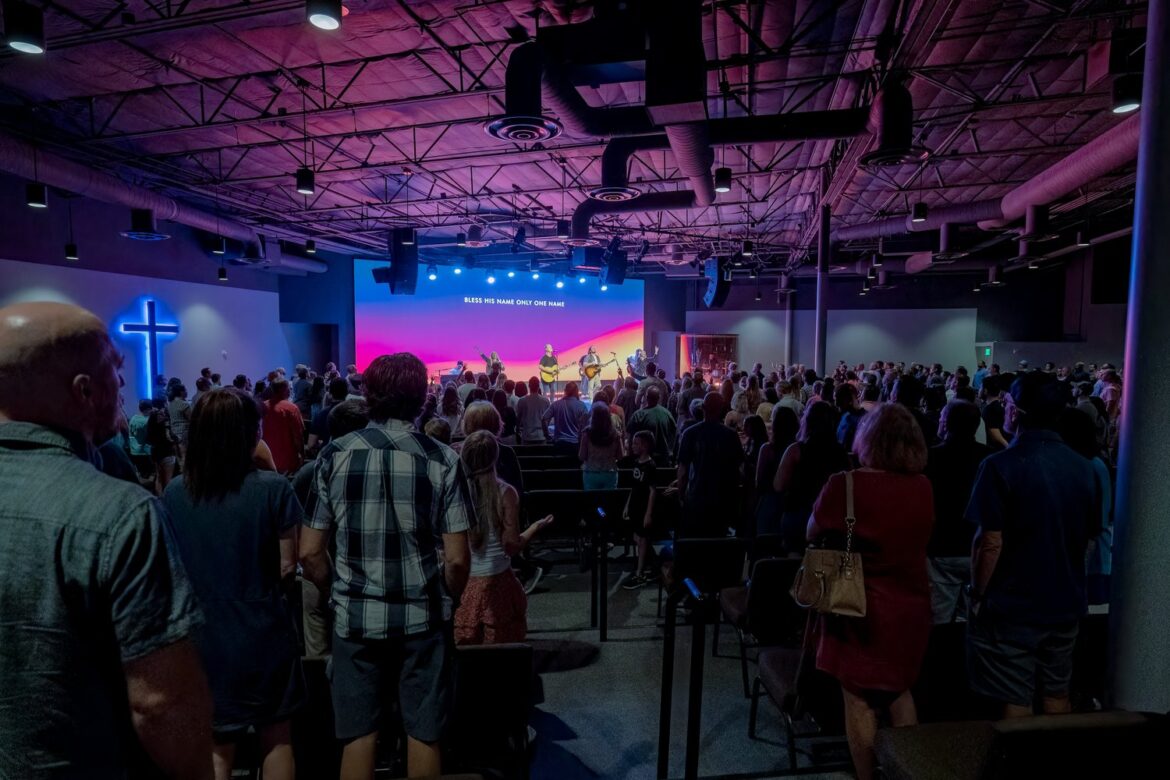The Churches of Christ represent a distinct branch within the broader Christian tradition, characterized by their adherence to a restorationist theology. This movement emerged in the early 19th century, steered by a desire to return to what its founders perceived as the original practices and beliefs of the New Testament church. At their core, Churches of Christ are defined by their commitment to the authority of scripture and their emphasis on congregational autonomy.
Historically, the genesis of the Churches of Christ can be traced back to the united efforts of several prominent figures, most notably Alexander Campbell and Barton W. Stone. These individuals sought to transcend denominational divides and unify Christians under a common banner, emphasizing the importance of the Bible as the sole source of authority for faith and practice. Campbell, in particular, advocated for a return to primitive Christianity, arguing that too many human traditions had infiltrated the church. The movement culminated in the establishment of the Disciples of Christ and the Churches of Christ, with the latter ultimately opting for a more conservative approach, especially regarding issues of church governance and doctrinal purity.
One of the defining features of the Churches of Christ is their commitment to the concept of “restoration.” This principle posits that the church should be restored to its original form, as depicted in the New Testament. This means an emphasis on New Testament scripture as both authority and guide in all aspects of life and worship. Adherents typically refrain from creeds or formal statements of faith, instead placing emphasis on the Bible itself as their sole text of guidance. This reflects a unique reverence for scriptural teachings, fostering a culture where members are constantly encouraged to engage directly with biblical texts.
In terms of worship, Churches of Christ are particularly notable for their insistence on New Testament patterns. Worship services are generally characterized by a capella singing, meaning congregants sing without instrumental accompaniment. This practice stems from their interpretation of biblical teachings found in passages such as Ephesians 5:19 and Colossians 3:16, where singing is mentioned explicitly. Consequently, the absence of musical instruments during worship services becomes not merely a stylistic choice but a significant tenet of their belief system.
Furthermore, the theological underpinnings of the Churches of Christ reflect a faith deeply rooted in the New Testament, particularly concerning the nature of salvation. Members typically emphasize direct, personal obedience to the gospel, which includes beliefs in faith, repentance, confession, and baptism by immersion for remission of sins. This belief in baptism as essential for salvation underscores their conviction in a literal interpretation of scripture and their understanding of the salvation process as both an individual and communal experience.
The communal aspect of the faith is palpable in several practices endemic to the Churches of Christ, particularly the observance of the Lord’s Supper. Typically conducted weekly during the worship service, Communion serves as a poignant reminder of the sacrifice of Jesus and the covenant established through His blood. This ritual is often marked by a sense of reverence, as congregants reflect upon its spiritual significance, aligning their communal identity with the suffering and resurrection of Christ. The simplicity of the elements—unleavened bread and grape juice—further reinforces the notion of humility and remembrance ingrained in their worship.
The governance structure within Churches of Christ is another salient feature that distinguishes them from other denominations. Each congregation operates autonomously, with elders typically assuming leadership roles. This local autonomy means that decisions are made at the congregational level, without interference from a hierarchical governing body. Elders, often selected based on their spiritual maturity and biblical knowledge, are tasked with guiding the congregation and ensuring adherence to scriptural teachings. This decentralized model has fostered a sense of personal accountability and stewardship among members.
Despite their foundational beliefs, Churches of Christ find themselves navigating challenges characteristic of contemporary Christianity. Issues such as gender roles within the church, responses to societal changes, and methods of evangelism often stir debate among members. For instance, the role of women in worship and leadership has attracted scrutiny, with traditional interpretations often coming into conflict with modern perspectives that advocate for greater inclusion and equality. These discussions reflect a dynamic and evolving community, wherein the scriptures are continually re-examined in light of cultural and societal transformations.
The trajectory of the Churches of Christ is one imbued with both triumphs and tribulations. With a heritage steeped in a quest for unity, faithfulness, and scriptural fidelity, adherents are confronted with the challenge of remaining relevant in a rapidly transforming spiritual landscape. The continuing commitment to restoration—both of doctrine and practice—serves as a tether, anchoring members amidst shifting tides. Therefore, the fascination surrounding Churches of Christ lies not only in their historical distinctiveness but also in their enduring pursuit to balance tradition with the need for growth and adaptation.
In conclusion, the Churches of Christ represent a compelling segment of the Christian milieu, steeped in a rich history and characterized by an unwavering dedication to scriptural authority. Their distinctive practices, beliefs, and communal structures reflect a passionate endeavor to remain faithful to what they perceive as the original church, encapsulating the essence of a movement driven by a quest for authentic faith. This quest continues to resonate, inviting inquiry and reflection among both adherents and observers alike.



